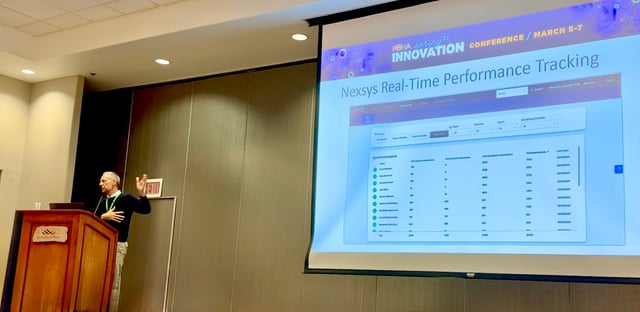Repayment delay triggers False Claims Act settlement for double damages
A cardiovascular group recently agreed to pay over $440,000 to settle false claims allegations that they failed to timely report and return $175,000 in overpayments owed to federal healthcare programs.
Under the 60-Day Repayment Rule, healthcare providers must repay credit balances owed to federal payers within 60 days of identifying the overpayment. The government intervened follwing a whistleblower lawsuit filed by a former employee of the medical group. Under the final rule, “identified” is defined as when the person has, or should have through the exercise of reasonable diligence, determined that the person has received an overpayment and quantified the amount of the overpayment. More cases and settlements are expected.
This is only the second reported settlement under the 60-Day Repayment Rule; the first resulted in treble damages. These settlements confirm the Department of Justice’s commitment to using the False Claims Act to enforce the rule and underscores the importance for practices to implement policies to identify and report overpayments.
Here are some highlights of the rule published in February of 2016:
- An overpayment is any Medicare payment received or retained by the group to which it is not entitled, regardless of the cause. An erroneous payment by the Medicare contractor, through no fault of the provider, is still an overpayment.
- The 60 day repayment clock will begin to run only after the provider has identified the overpayment and quantified the amount, so long as the provider exercises reasonable diligence in doing both.
- · Reasonable diligence includes both proactive compliance activities designed to detect overpayments and reactive investigations designed to quantify overpayments in response to credible information.
- Whether a group had credible information of an overpayment triggering an obligation to investigate, and whether it exercised reasonable diligence in investigating, are both fact specific. They may also be, at least to some extent, resource specific. CMS is not likely to expect the same sophistication, particularly in terms of proactive compliance activities, from a three person primary care practice as compared to a 20 person single-specialty or 100 person multi-specialty group.
- · In nearly all circumstances, investigation and repayment should be completed within eight months—six months to investigate and quantify, and the ACA’s 60 days to refund and report.
- Failure to exercise reasonable diligence causes the 60 day repayment clock to revert back to the date the provider received credible information. For example, if the group gets credible evidence and ignores it, or drags its feet in quantifying the repayment, it will be deemed in violation after 60 days, not eight months.
- ·The obligation to refund, particularly when the overpayment problem is systemic, can go back six years. CMS originally proposed this “lookback” period at 10 years, so the Final Rule is a modest improvement. But RAC audits have only looked back 3 years, and routine contractor demand letters typically only go back one year, or four for “good cause.”
- ·Reporting and refund forms and procedures are determined by the Medicare contractor from whom the overpayment was received.







